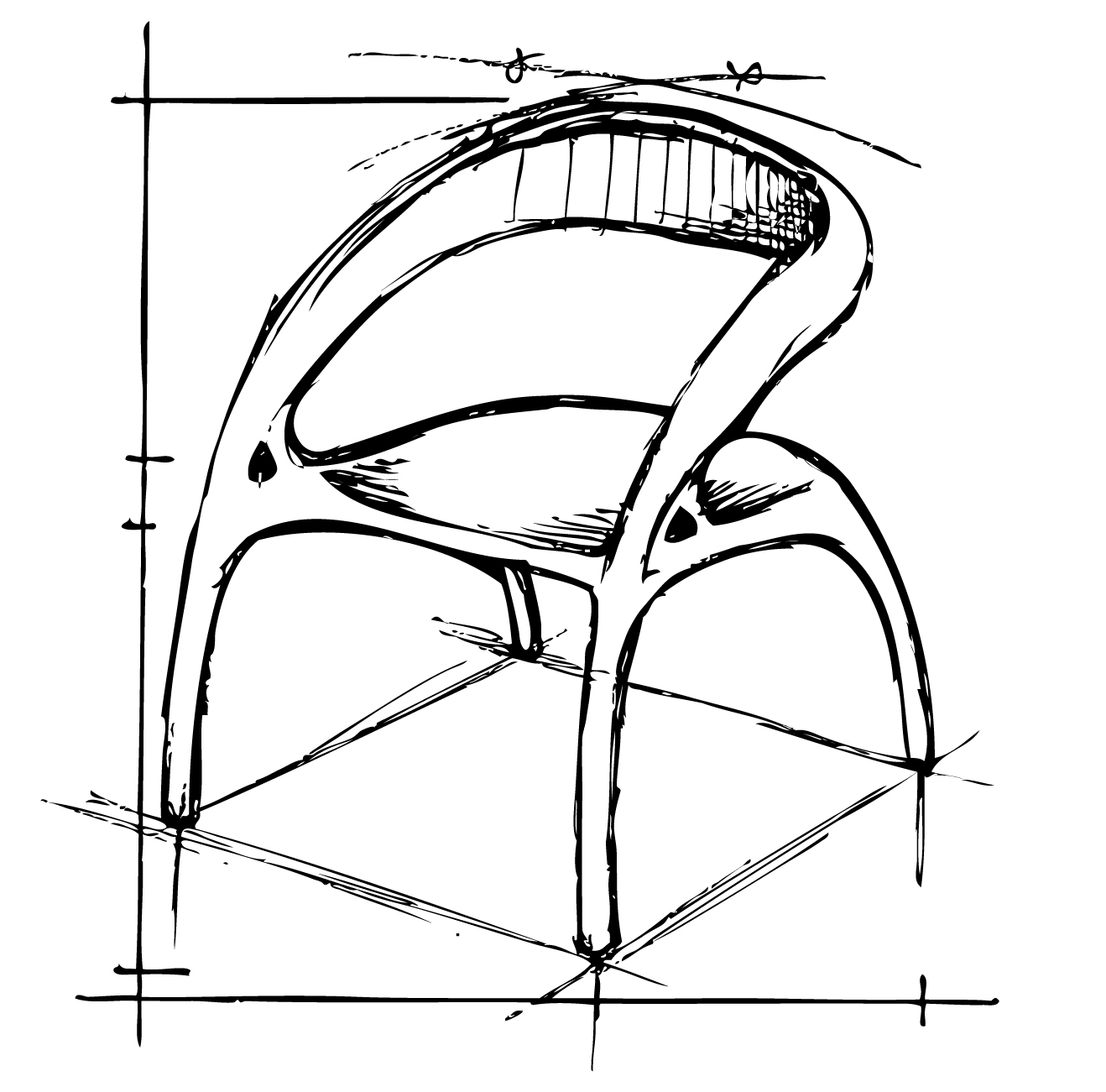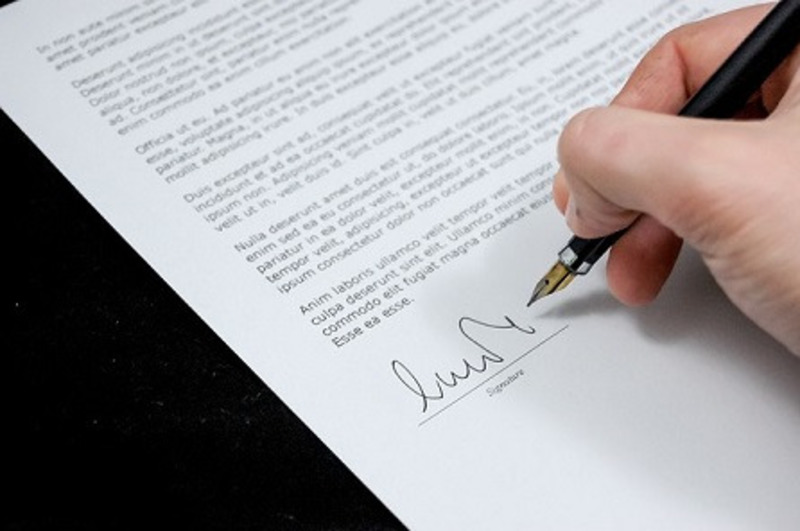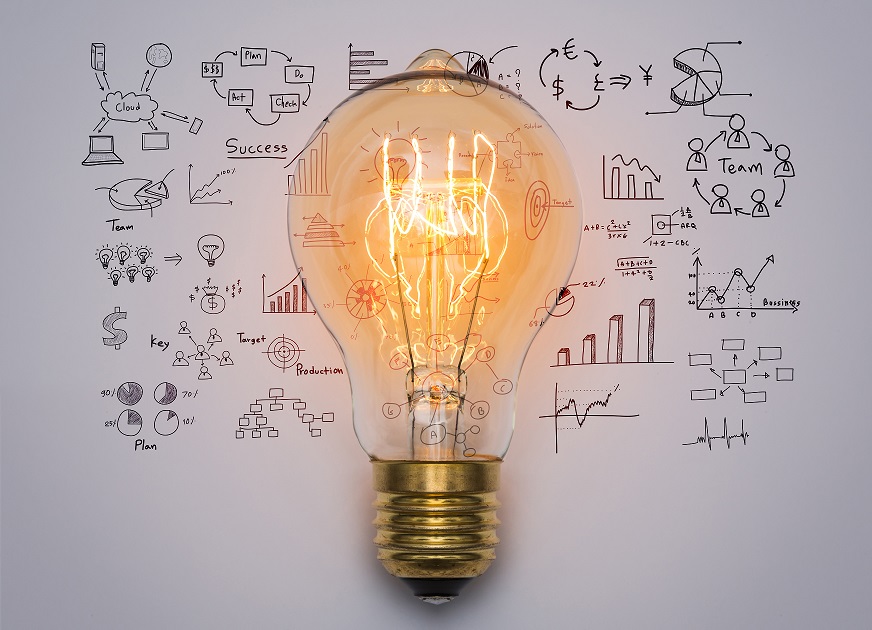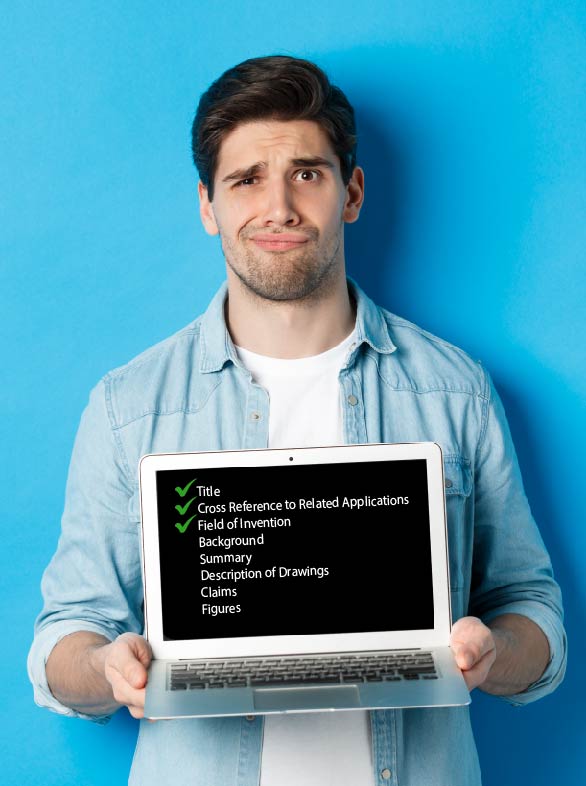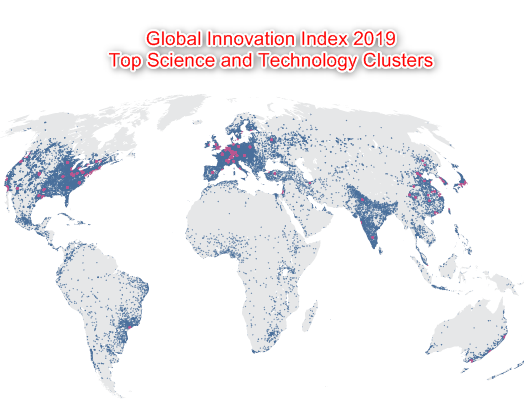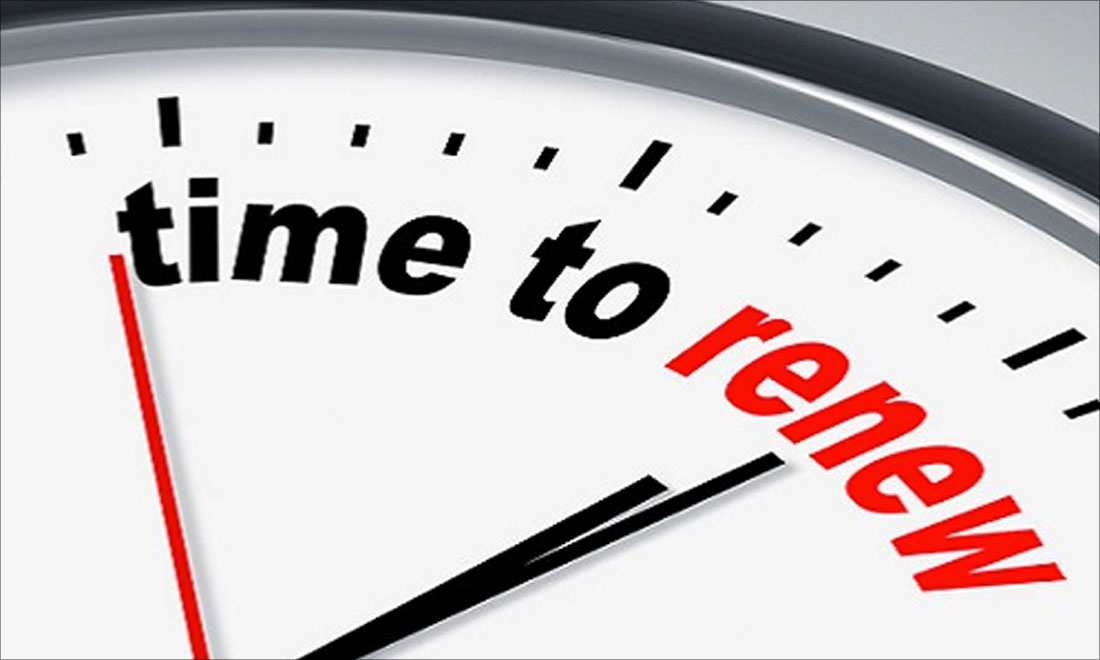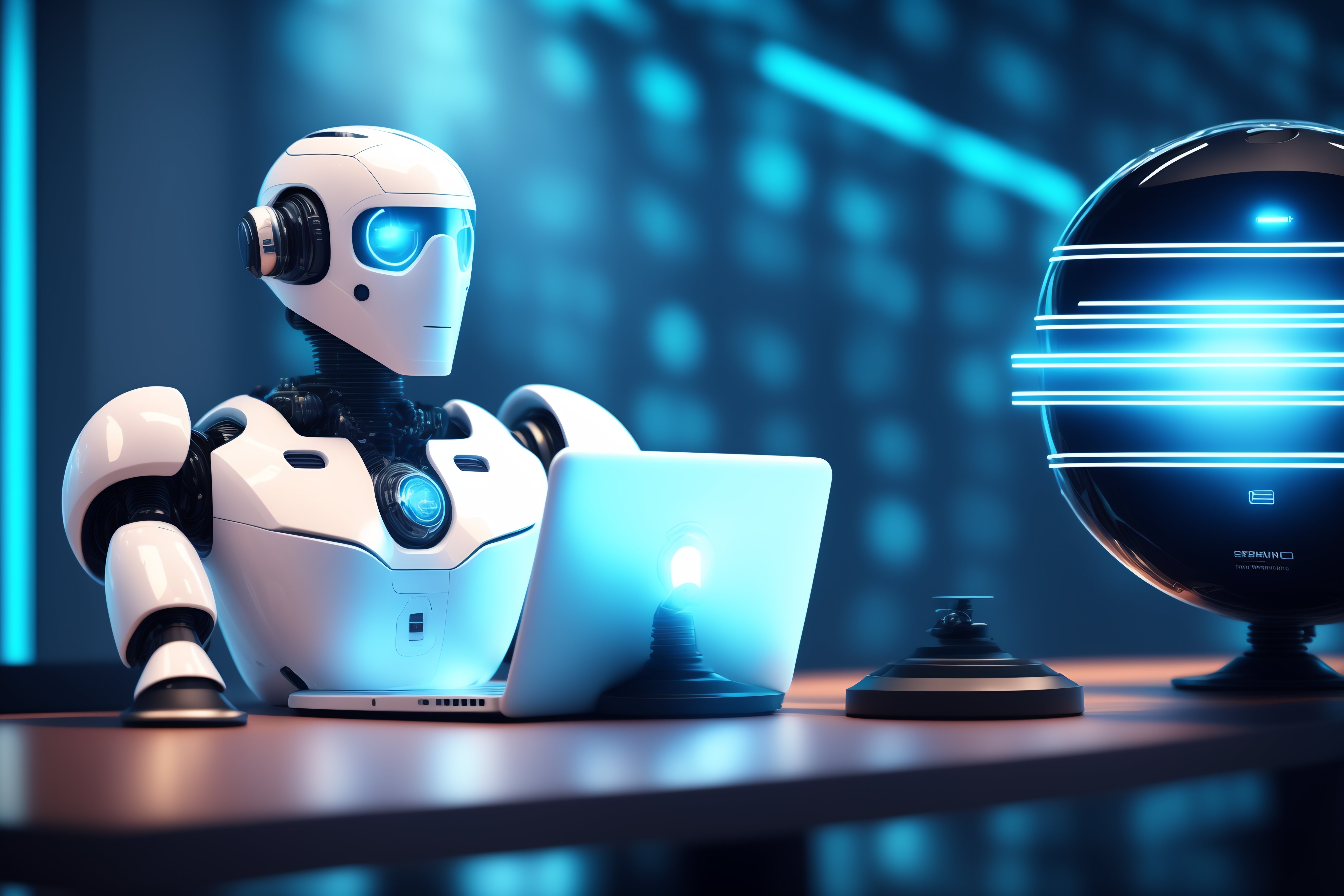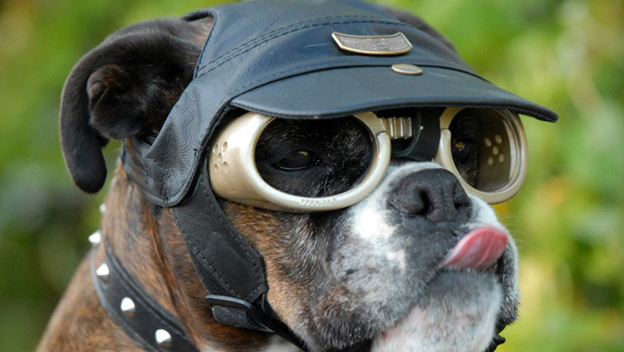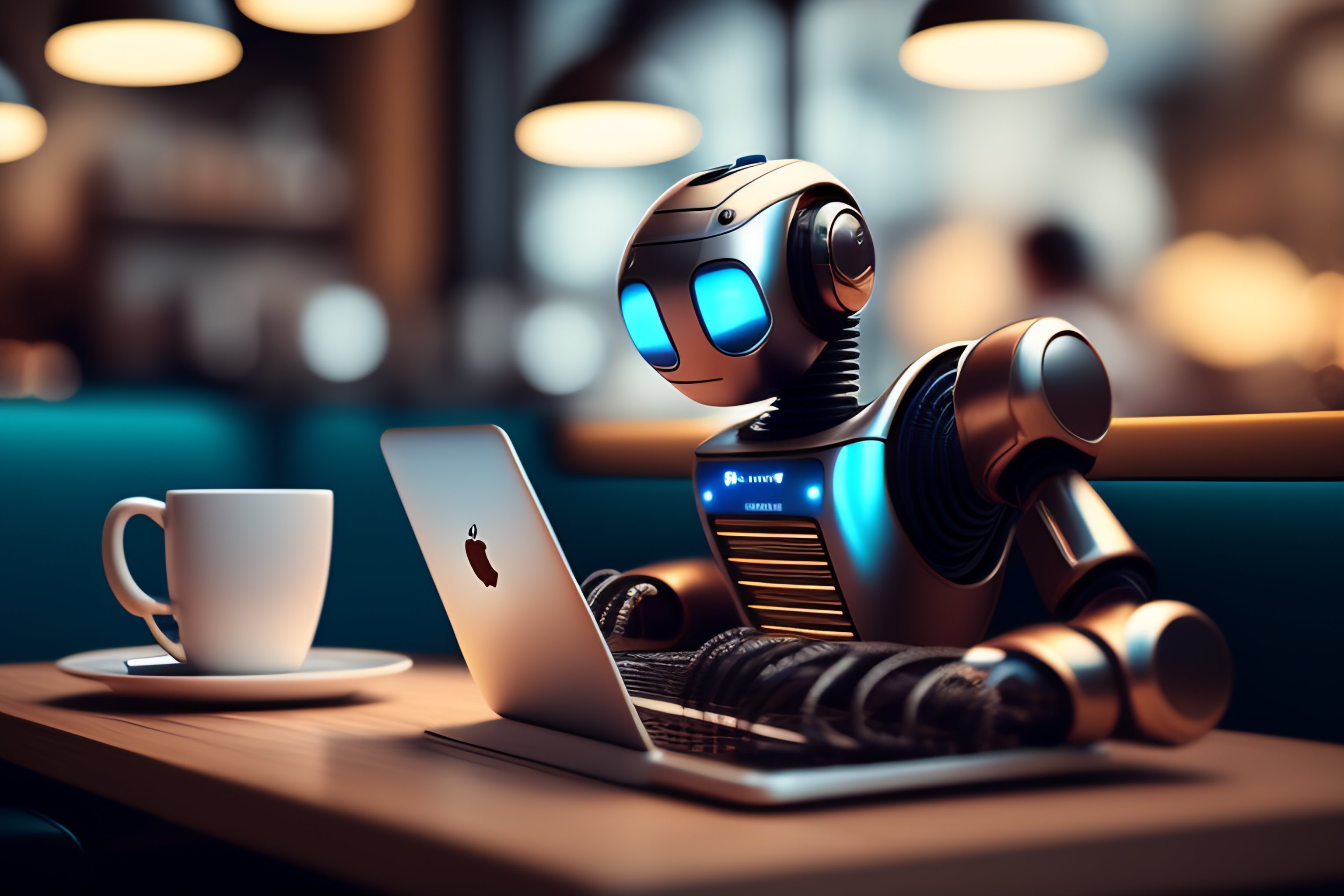
Who Owns the Copyright to Your ChatGPT Output?
The long-heralded artificial intelligence (AI) revolution has begun to arrive, and it is making a major impact on productivity for many businesses in the marketplace. Currently leading the charge in enterprise applications of AI is OpenAI, the tech developer behind the AI natural language processing platform ChatGPT. A recent business survey published by Resume Builder shows that, since first being released last November, nearly half of all companies who have made use of that AI platform have reported reducing their employee levels.
ChatGPT, which produces textual outputs with a high degree of contextual awareness based on inputs provided by a user, is finding its way into a variety of business applications. While its chatbot services have made the platform an obvious choice for customer service and relations, other businesses have reported using ChatGPT to generate marketing content, write job descriptions and respond to job applicants. About two-thirds of respondents to the Resume Builder survey responded that their companies have even used ChatGPT to generate software code used by the company.
With so much content being generated by generative AI applications like ChatGPT, questions have grown surrounding the ownership of the content created by these platforms. While the topic of copyright ownership in AI-generated works has been a hot-button debate in recent months, legal decisions in recent months provide some indication of the current status of copyright in works that are authored by artificial intelligence.
Many overviews on the copyright ownership issues related to ChatGPT begin with a look at how the AI platform itself responds when posed with that question. As OpenAI’s own terms of use suggest that the individual user providing the input that leads to a textual output from ChatGPT is the individual who owns “all.. right, title and interest in and to Output.” However, OpenAI’s terms of service also note that the nature of machine learning in the current state of the art is such that ChatGPT could generate the same content for two different parties, which could create infringement issues if copyright does arise in the AI-generated content.
More significantly, there’s a huge question as to whether AI systems can themselves be considered authors or creators under the copyright laws of many nations. In order for OpenAI’s terms of service to effectively convey copyright, the IP right must arise in the work itself first, and many nations have not found that AI systems can properly qualify as an author under their copyright laws.
Over in the United States, which is often seen as a leader in intellectual property and related legal issues, the idea that an artificial intelligence system can be an author under the law has been met with skepticism, at best. This February, the U.S. Copyright Office (USCO) finalized that it would cancel the original registration to a graphic novel entitled Zarya of the Dawn, which was completed by American author Kristina Kashtanova with help from the text-to-image AI tool Midjourney. While the registration application was originally accepted by the USCO, the Office later rejected parts of the registration covering the artwork that was generated by Midjourney, although Kashtanova was allowed to maintain the portions of her registration covering the graphic novel’s text and the selection and arrangement of the book’s graphic elements.
This high level of suspicion regarding the copyright eligibility of AI-created works is not shared in every copyright jurisdiction. Over in the United Kingdom, Section 9(3) of that nation’s Copyright, Designs and Patents Act, which has been in force since 1988, specifically provides for the authorship of literary, dramatic, music or artistic works that are computer-generated. In such situations, “the author shall be taken to be the person by whom the arrangements necessary for the creation of the work are undertaken.” While this language doesn’t clarify whether OpenAI or a user providing text inputs would be the person undertaking the arrangements necessary, it does specifically provide for copyright protections that would pass to a user under OpenAI’s terms of service.
While UK law currently provides for copyright protections in computer-generated works, which last for a period of 50 years, lawmakers in that country have considered whether their authorship requirements should be changed in response to the advent of AI. In late 2021, the UK Intellectual Property Office conducted a consultation on AI issues in intellectual property, seeking public input on the issue of whether copyright protection should be extended to works generated without a human author. The UK government concluded that no changes were necessary at that time, but the possibility of eliminating copyright for AI-generated works has been considered in that country. In recent months, groups from UK’s creative communities have lobbied the British government for action on copyright law in response to AI advances, although those efforts have not been heavily focused on the issue of AI authorship.
Copyright in content generated by ChatGPT could also arise in Australia, although the legality of AI authorship is even less clear in that country. Under the Copyright Act of 1968, the definition of “literary works” in which copyright can arise includes “a computer program” and some commentators have reasoned that ChatGPT content, which is the output of a computer program, could be copyrighted as a literary work. However, the legal definition of “author” in Australia is “a qualified person” which could be interpreted by a court as requiring a human author.
While it doesn’t deal with the issue of AI authorship directly, one of the seminal High Court of Australia decisions on copyright for computer-generated works is IceTV v. Nine Network Australia. Issued in 2009, this decision by Australia’s top court found that a distributor of TV program guide schedules was able to obtain damages for infringement on the theory that the schedule database reflected some “independent intellectual effort” in the arrangement of the program schedule elements. In the context of ChatGPT, it remains to be seen the kind of effort that a user providing inputs must make to convince Australian courts that copyright ownership can be claimed over the AI system’s output.
This article was illustrated with AI-generated images at https://lexica.art/



